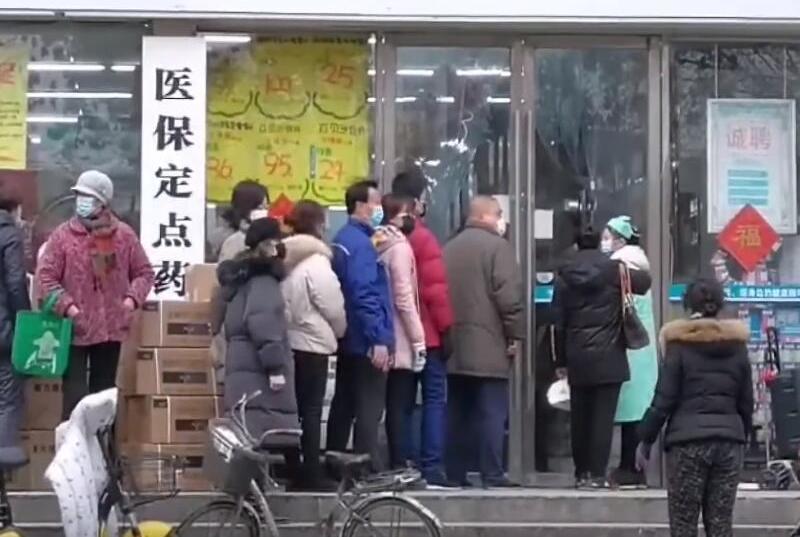THE NEW “normal” in China looks very defferent to pre-pandemic times as life after lockdown comes with strict new regulations for “promoting civilised behaviour” that suggest Beijing fear a second wave is imminent.
Last week China reported only three new cases and no new deaths from Covid-19 and state media run the narrative that any new cases that emerge are “imported” from hot-spots around the world, such as New York.
However, in Beijing gyms and swimming pools remain shut, Universities are still closed and Harbin, a city of 10 million people in north east China, near the Russian border has recently been put in lockdown.
In Beijing the owner of a gym, called Upower Fitness told The Sunday Telegraph that, “On April 16, after we passed the inspection, we were able to start a trial operation. Then on April 18, they suddenly asked us to close again.
“I felt very frustrated. We just saw hope, but then it was gone, and we could not operate again.”
- Stablecoin Shift Fuels ‘Selective Altseason’ as Altcoin Trading Outpaces Bitcoin
- Bitcoin miner OTC sales remain robust as reserves decline to their lowest levels in several years, as reported by CryptoQuant
- Bitcoin options market bearish ahead of quarterly expiry
The fact that coronavirus could still be an imminent threat to the world’s most populous nation could come as a blow to president Xi Jinping who was is busy capitalising on how his heroic leadership saved the nation and placed it as the global leader in the fight against Covid-19. Beijing have been eager to re-frame the narrative that the virus may not have even originated in China and too “slow to respond to the virus,” as a story in Chinese tabloid The Global Times read.
In Wuhan, the epicentre where the disease originated, according to the Chinese National Health Commission, as of Sunday the number of new coronavirus patients there was at zero.
Mi Feng, a spokesman for the commission said this was, “thanks to the joint efforts of Wuhan and medical staff from around the country.”
In the government controlled newspapers and television stations, the virus has been defeated and President Xi Jinping has decreed that “normal social and economic order must be fully and urgently restored”. But travel between cities is still restricted and quarantines put in place, only some classes are allowed back to school, with desks at a two metre distance and the compulsory face masks and tracking apps are still being deployed across the vast country.
Chinese virology experts are quietly coming to the conclusion that the virus cannot be eradicated and life will be prevented from returning to pre-pandemic freedoms until a vaccine is rolled out. This could take many years, as it typically takes between six and ten years to develop and mass produce a vaccine, but as this is the the “moonshot” effect will speed up the process. Speaking about a vaccine, Seth Berkley, CEO of Gavi, the Vaccine Alliance said: “I wouldn’t want to get people’s hopes up. “It could be that the first vaccine works perfectly, and we’ll get there faster than even I expect.” What we can learn from the situation in China is that the world may need to learn to live with coronavirus. Period lockdowns whenever hospitals become overwhelmed, testing and coronavirus contact tracing, and all the time there will be a steady rise in the global death toll.

